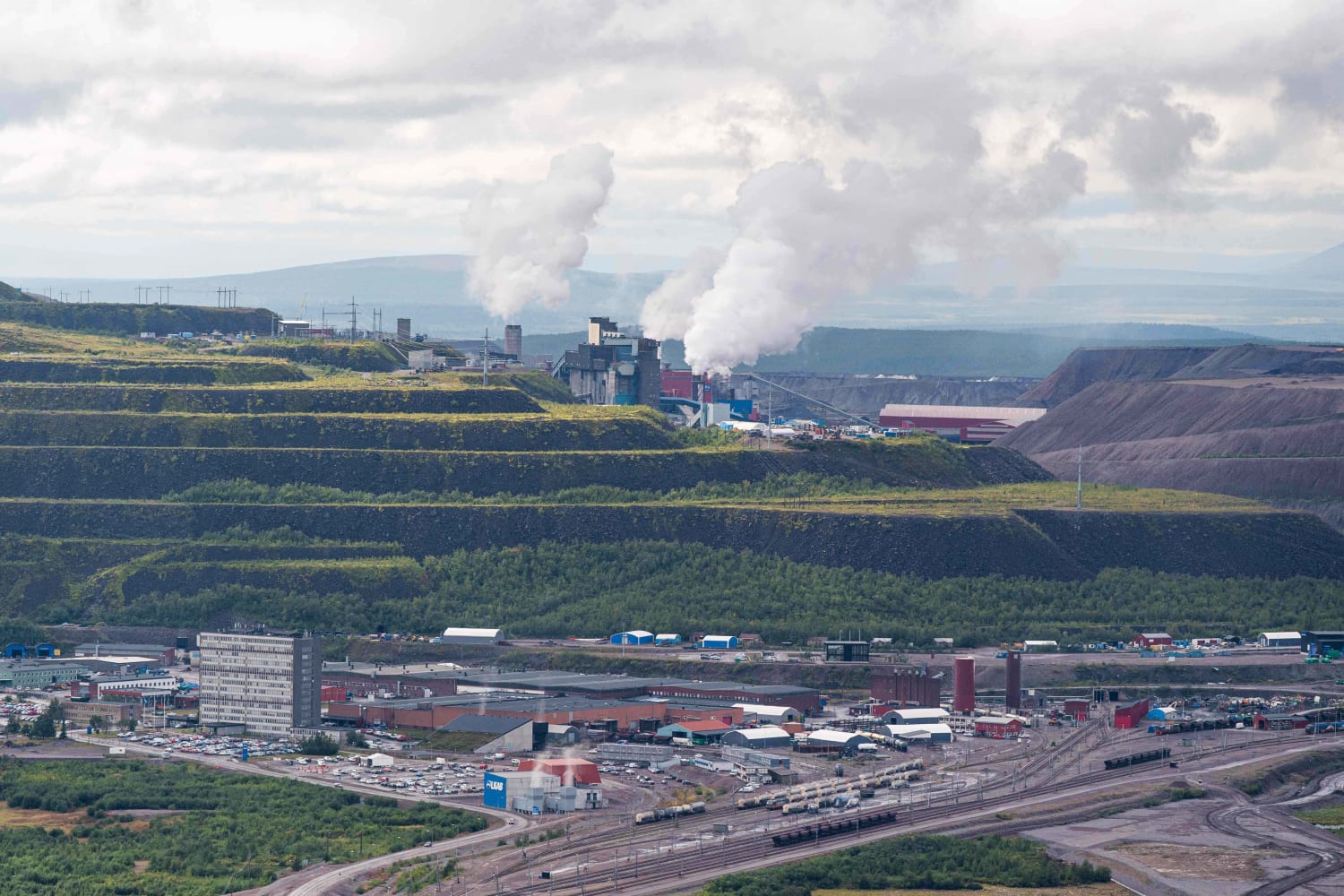
And according to the European Commission, the demand will increase fivefold by 2030 due to the digital and green transition of the bloc’s economy.
Internal Market Commissioner Thierry Breton has warned that the EU’s ambition to become the first climate-neutral continent is at risk without secure and sustainable access to raw materials.
“Our twin green and digital transition will live or die through how our supply chains work,” he said. “Take China for example, with its near monopoly on rare earths and permanent magnets and prices rising 50-90% in the last year alone. The supply of raw materials has become a true geopolitical tool”.
The EU is also eager to learn from the past and reduce unilateral dependencies like the one it developed with Russia for oil and gas, only recently starting to cut ties after the war in Ukraine began with the full-scale invasion of Moscow on February 24. .
“This must change,” Busch said, as European commissioners traveled to Kiruna to mark the start of Sweden’s six-month rotating presidency of the EU. “In the short term, we need to diversify our trade, but in the long term we cannot rely solely on trade agreements. Electrification, EU self-sufficiency and independence from Russia and China will start at the mine.»
LKAB, which also develops carbon-free iron ore projects, said the rare earth deposits were found near the world’s largest underground iron ore mine operating in Kiruna. Exploration won’t start for years, even if permits are handed out very quickly.
“If we look at how other permitting processes have worked within our industry, it will be at least 10-15 years before we can start extracting and delivering raw materials to the market,” LKAB CEO Jan Moström said. «We must change the permitting processes to ensure greater extraction of this type of raw material in Europe.»

